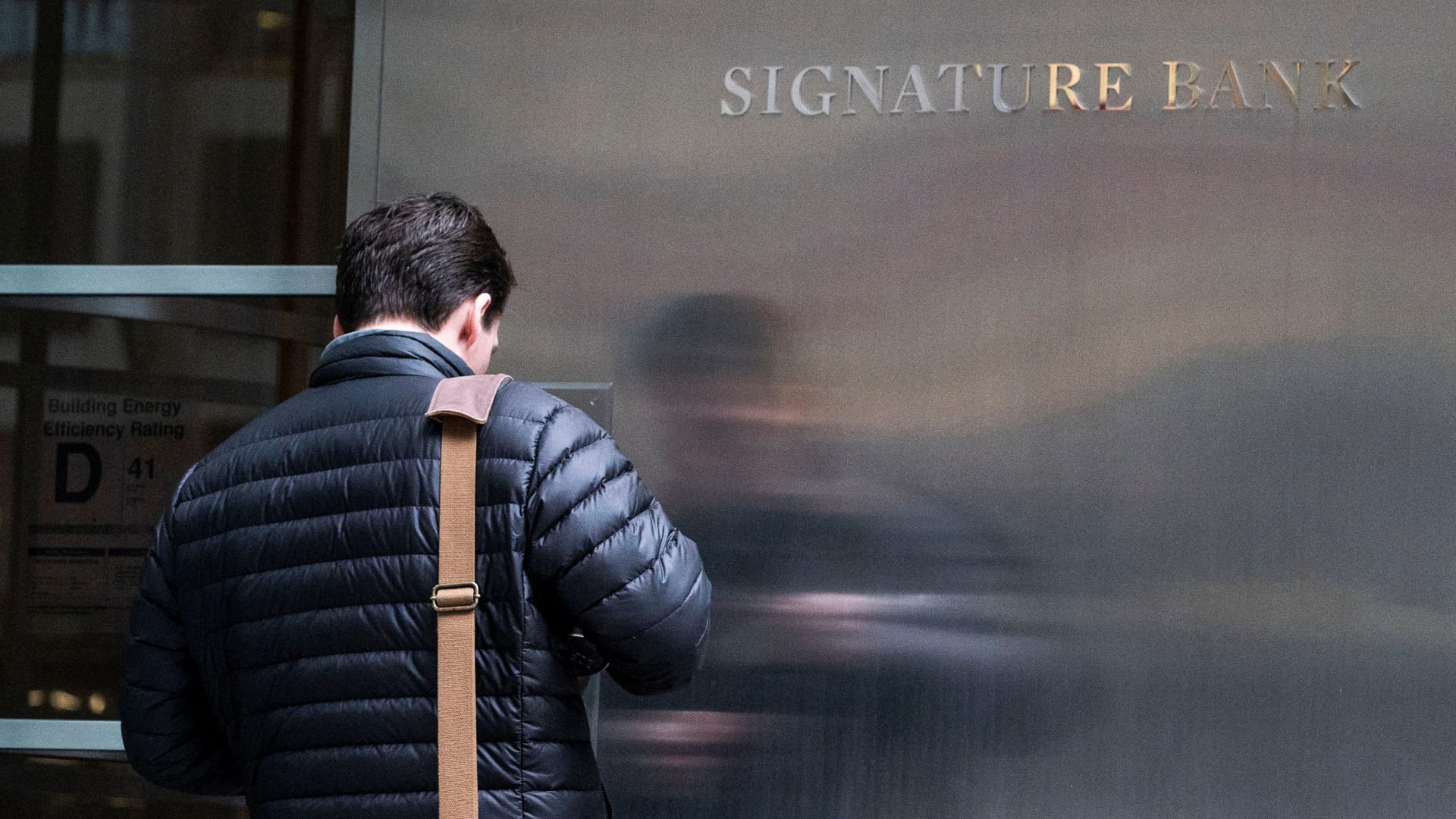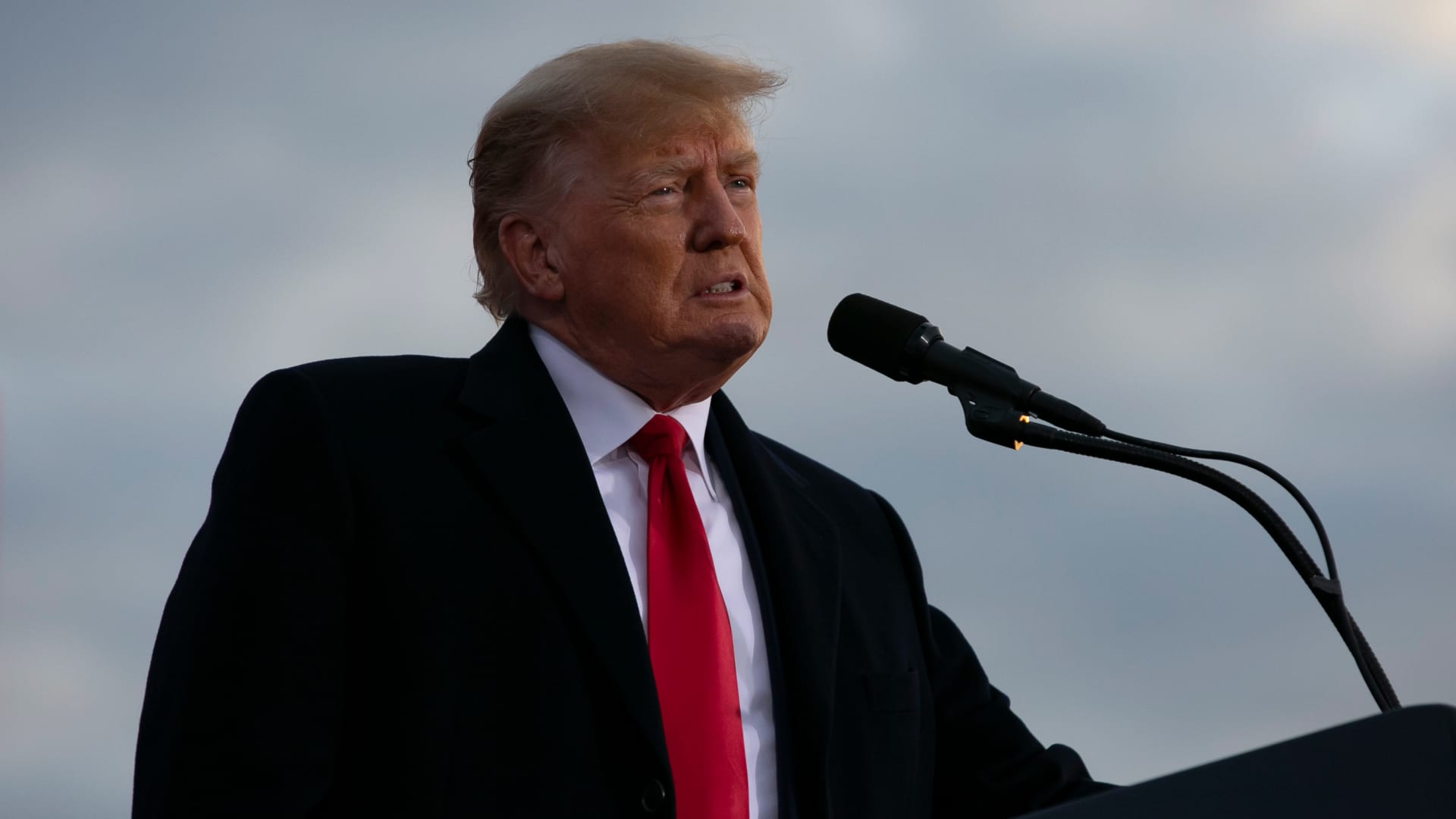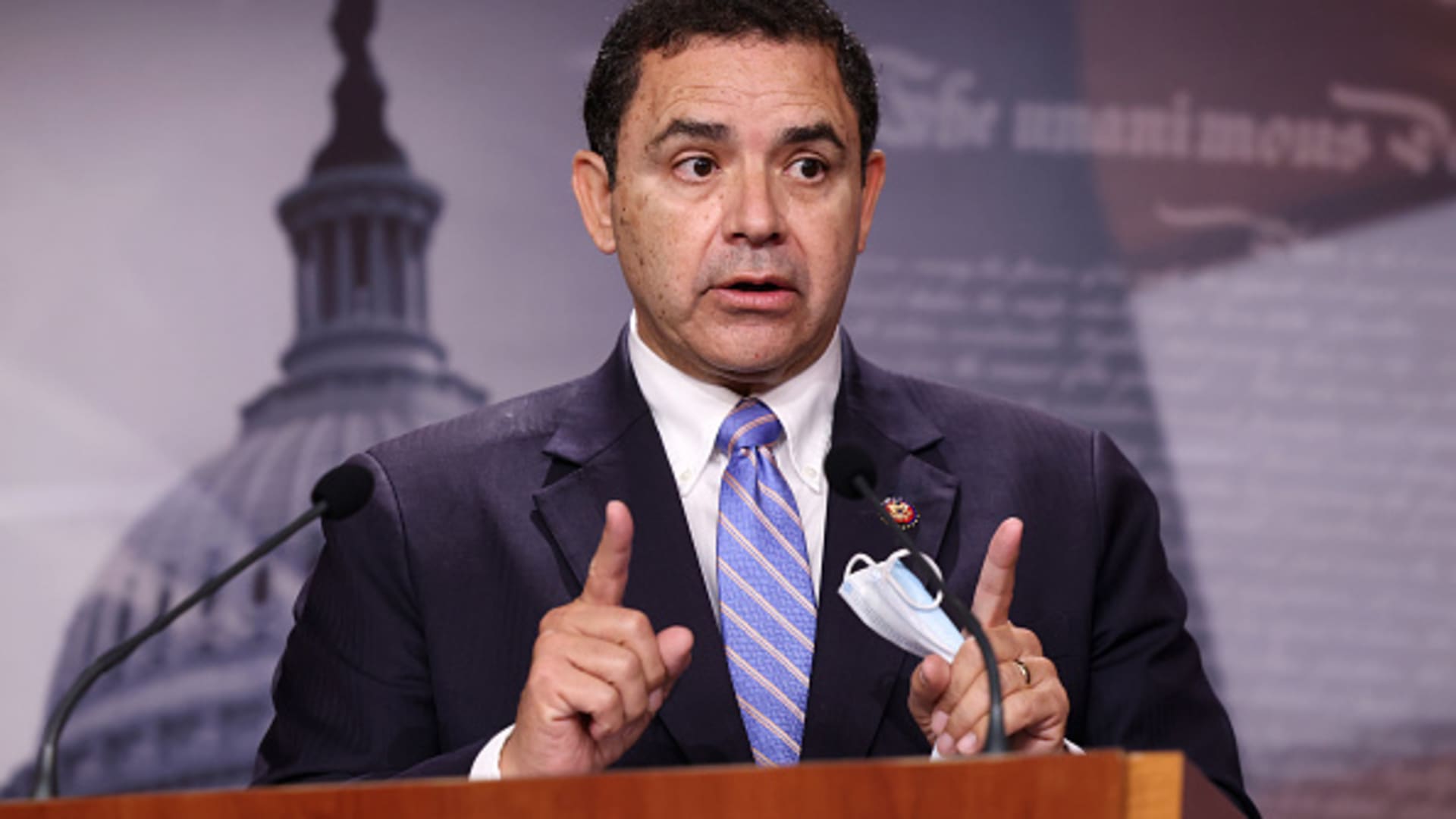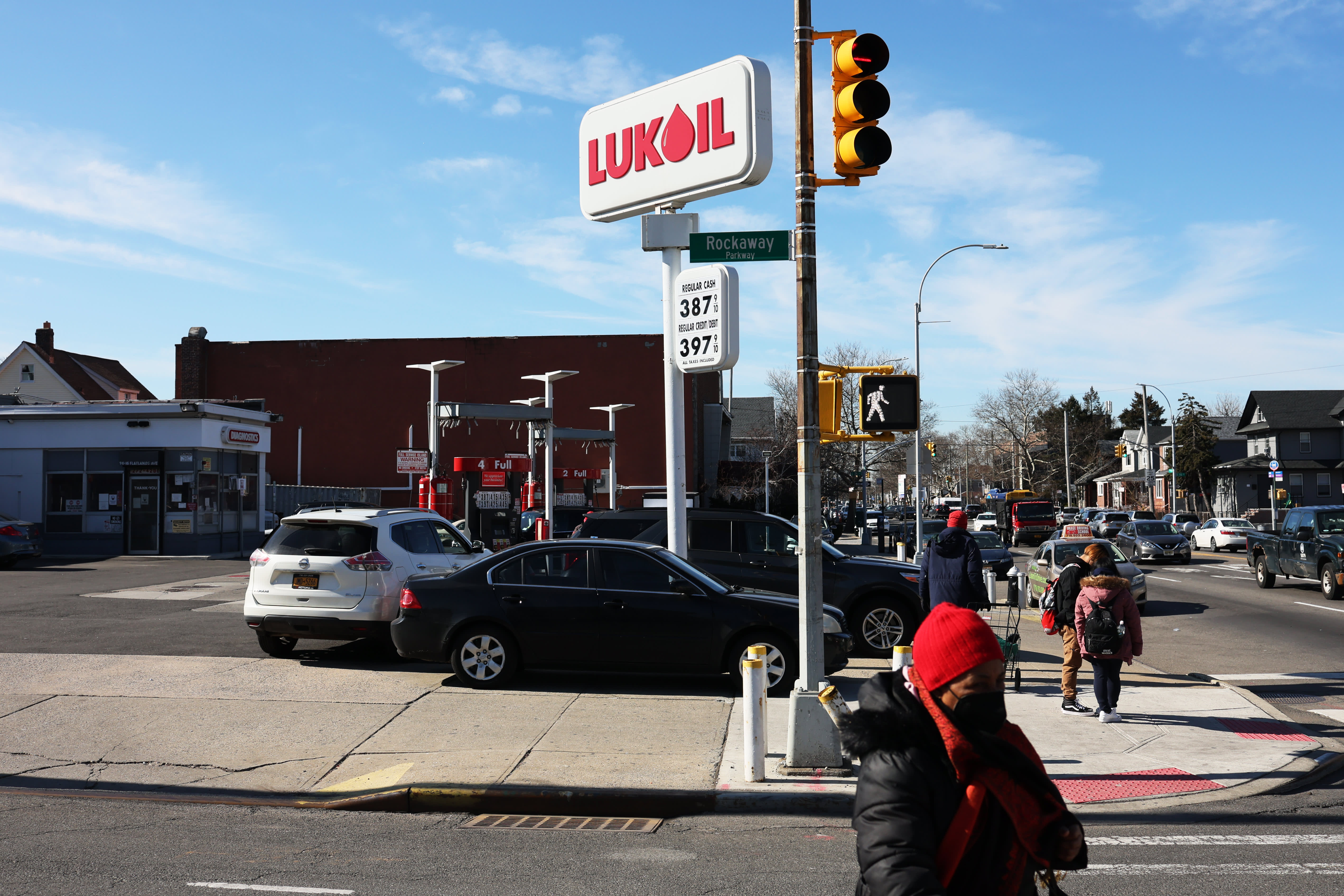Regulators close crypto-focused Signature Bank, citing systemic risk
U.S. regulators on Sunday shut down New York-based Signature Bank in a bid to prevent the spreading banking crisis.

A man entering Signature Bank in New York City on March 12, 2023.
Reuters
New York state regulators on Sunday shut down Signature Bank, a big lender in the crypto industry, in a bid to prevent the spreading banking crisis.
"We are also announcing a similar systemic risk exception for Signature Bank, New York, New York, which was closed today by its state chartering authority," the Treasury Department, Federal Reserve and Federal Deposit Insurance Corp. said in a joint statement Sunday evening.
The banking regulators said depositors at Signature Bank will have full access to their deposits, a move similar to that which was made to ensure depositors at the failed Silicon Valley Bank will get their money back.
"All depositors of this institution will be made whole. As with the resolution of Silicon Valley Bank, no losses will be borne by the taxpayer," the regulators said.
The regulators shuttered Silicon Valley Bank on Friday and seized its deposits in the largest U.S. banking failure since the 2008 financial crisis — and the second-largest ever. The dramatic moves come just days after the tech-focused institution reported it was struggling, triggering a run on the bank's deposits.
Signature is one of the main banks to the cryptocurrency industry, the biggest one next to Silvergate, which announced its impending liquidation last week. It had a market value of $4.4 billion as of Friday after a 40% sell-off this year, according to FactSet.
As of Dec. 31, Signature had $110.4 billion in total assets and $88.6 billion in total deposits, according to a securities filing.
To stem the damage and stave off a bigger crisis, the Fed and Treasury created an emergency program to backstop all deposits at both Signature Bank and Silicon Valley Bank using the Fed's emergency lending authority.
The FDIC's deposit insurance fund will be used to cover depositors, many of whom were uninsured due to the $250,000 cap on guaranteed deposits.
While depositors will have access to their money, equity and bondholders at both banks are being wiped out, a senior Treasury official said.

 JaneWalter
JaneWalter 






























